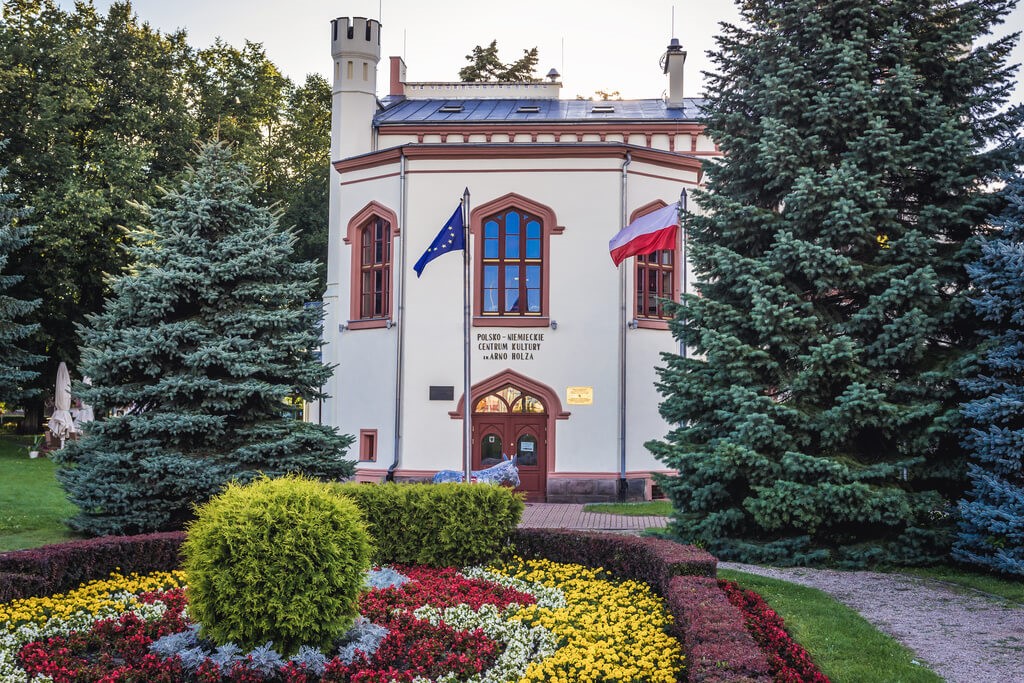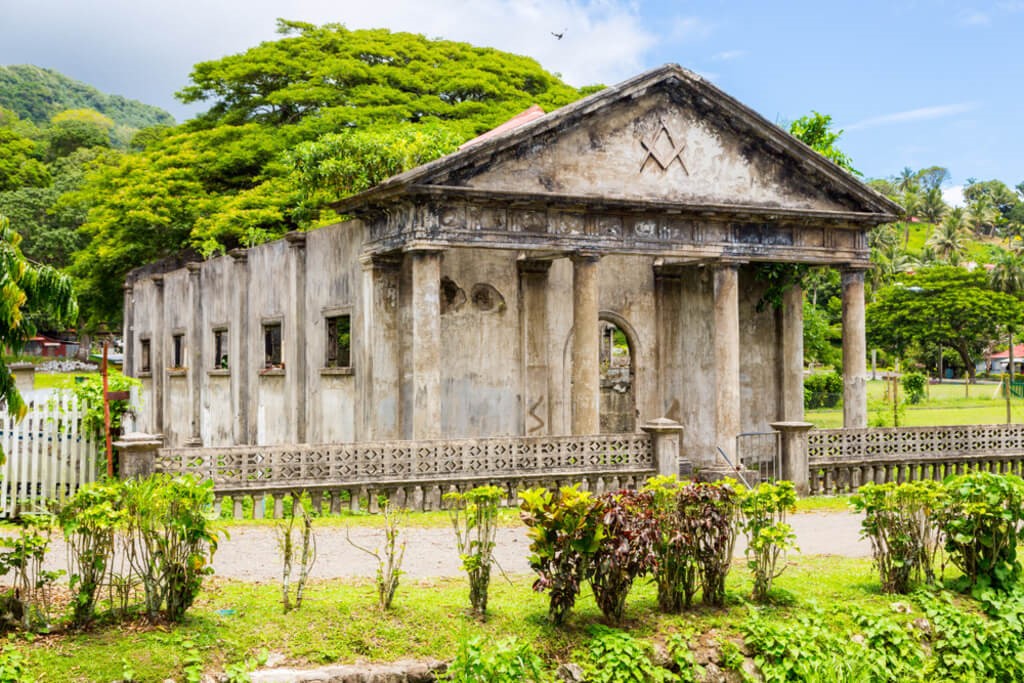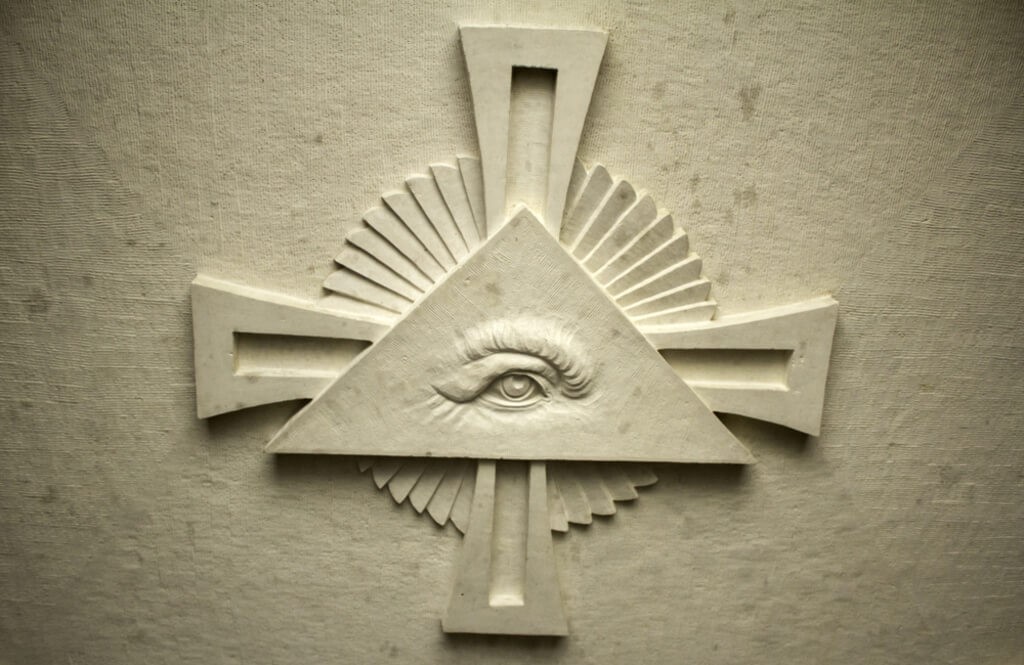How to Become a Freemason: The Complete Step-by-Step Guide for the Modern Man
The path to becoming a Freemason is a journey steeped in history, symbolism, and a profound commitment to personal growth. For centuries, men have been drawn to the quiet dignity of the Craft, seeking to improve themselves and the world around them through its teachings. This guide demystifies the process, offering a clear, step-by-step roadmap for the modern man interested in this ancient and honorable fraternity.
Freemasonry is not about secret handshakes for personal gain or a hidden world government. It is a system of morality, veiled in allegory and illustrated by symbols, designed to make good men better. The journey begins not with a secret invitation, but with a personal decision to seek more light in your own life.
Before you can find your place within its hallowed halls, you must first understand the foundational steps of the process. The first and most crucial step is learning how to join a Masonic lodge, as this is where your personal journey will be centered. This guide will walk you through every phase, from initial inquiry to your first steps as a Brother.

What is Freemasonry, Really?
At its core, Freemasonry is the world’s oldest and largest fraternity. It is a society of men concerned with moral and spiritual values, founded on the three great principles of Brotherly Love, Relief, and Truth. It provides a unique environment for self-improvement and fellowship.
It is not a religion, and it is not a substitute for one. Instead, it requires its members to have a belief in a Supreme Being, but it does not dictate what form that belief must take. This creates a space where men of different faiths can come together in harmony, focusing on their shared values rather than their theological differences.
Freemasonry uses the allegories of stonemasonry from the time of King Solomon’s Temple to teach its lessons. Members use the tools of ancient builders as symbols to build their own characters into better, more virtuous individuals.

What Are the Core Principles of Freemasonry?
The teachings of Freemasonry are built upon a foundation of key principles. These tenets guide a Mason’s conduct in his lodge, his family, and his community.
Brotherly Love is the practice of tolerance and respect for the opinions of others. It involves treating every person with the kindness and understanding you would hope to receive yourself.
Relief refers to charity. Masons are taught to be charitable not just to their Brothers and their families but to the entire community. This can range from helping a Brother in distress to supporting large-scale public charities.
Truth is the highest standard a Mason strives for. It represents a quest for knowledge, both spiritual and intellectual, and the importance of being honest and dependable in all aspects of life.

Do I Meet the Basic Requirements to Join?
Before you can petition a lodge, you must meet a set of universal requirements. These standards ensure that all candidates are entering the fraternity for the right reasons and are prepared for the commitments involved.

Are You a Man of Good Character?
Freemasonry is an organization of good men. This means you must have a strong moral compass and a good reputation in your community. You should be known as a dependable, honest, and law-abiding citizen.
Lodges are not reform schools; they do not take bad men and make them good. They take good men and provide them with the tools and fellowship to become even better.

Do You Believe in a Supreme Being?
This is a non-negotiable requirement. Your specific religion is not important, and no one will ask you for the details of your faith. You simply must profess a belief in a higher power, often referred to in Masonic ritual as the Great Architect of the Universe.
This shared belief is a cornerstone of the fraternity, providing a common ground for men from all walks of life and all faiths. Atheists or agnostics are not eligible for membership.

Are You of Lawful Age?
The minimum age to become a Freemason varies by jurisdiction. In most parts of the world, the minimum age is 21, though in some places it is 18. You should check with the Grand Lodge of your state, province, or country to confirm the specific age requirement.

Are You Joining of Your Own Free Will?
No one can be forced or coerced into joining Freemasonry. The decision must be yours and yours alone, made ‘of your own free will and accord’. You are expected to approach the fraternity, not the other way around.

How Do I Start the Journey?
Once you have determined that you meet the basic requirements and that Freemasonry aligns with your personal values, you can begin the formal process of joining. This is a deliberate and thoughtful process, and understanding the full scope of how to join Freemasons will prepare you for the steps ahead.

Step 1: How Do I Find a Masonic Lodge?
The most famous saying in Masonic circles is ‘2B1ASK1’, which means ‘to be one, ask one’. If you know a man who is a Freemason, simply ask him about his experience and how you might join. Most Masons are proud of their fraternity and will be happy to guide you.
If you do not know any Masons, the internet is your best tool. A simple search for the ‘Grand Lodge’ of your state or country will lead you to the main governing body. Their websites often have a lodge locator tool and contact information for those interested in membership. Many resources online offer guidance on how to join Freemasons and can provide valuable context.

Step 2: How Do I Make Contact?
Once you have identified a local lodge, reach out. Most lodges have a website, an email address, or a phone number listed. Send a polite message expressing your interest and asking for more information.
You will likely be invited to a social event, such as a dinner or a casual get-together, that is open to non-members. This is an opportunity for you to meet the members of the lodge and for them to meet you. Be yourself, ask questions, and see if the culture of that particular lodge feels right for you.

Step 3: What is the Petition Process?
If, after getting to know the members, you still wish to join, you will be given a petition for membership. This is a formal application form that asks for your personal details, your profession, and your affirmation of the key requirements.
You will typically need two members of the lodge to sponsor you by signing your petition. These sponsors are vouching for your character and formally recommending you to the lodge. For those seeking to join in the UK, the United Grand Lodge of England provides clear steps on how to become a Freemason through their official channels.

Step 4: What Happens During the Investigation?
After you submit your petition, the Master of the lodge will form an investigating committee. This committee, usually composed of three members, will arrange to meet with you. This is not an interrogation but a friendly conversation.
The meeting often takes place at your home, allowing them to meet your family if you have one and see you in your own environment. They will ask you questions about why you want to become a Freemason, what you know about the fraternity, and if you have any questions for them. It is a chance for both sides to ensure this is a good fit. This part of your Freemasonry journey is crucial for establishing a solid foundation.

Step 5: What is the Ballot?
Following a favorable report from the investigating committee, your petition will be presented to the lodge for a ballot. During a stated meeting, every member of the lodge present will cast a vote on your admission.
This is traditionally done using a ballot box with white balls and black cubes. A white ball signifies a ‘yes’ vote, while a black cube signifies a ‘no’ vote. The ballot must be unanimous, or nearly so, for your petition to be accepted. This tradition underscores the importance of harmony within the lodge.

Step 6: What Can I Expect After a Favorable Ballot?
If the ballot is successful, the lodge secretary will contact you with the good news and inform you of the date for your initiation. This is the beginning of your formal journey into the Craft. There are many general guides that can help prepare you for what it means to become a member of Freemasons and the responsibilities that come with it.

What Are the Degrees of Freemasonry?
Your Masonic journey begins with the three degrees of what is known as the ‘Blue Lodge’ or ‘Craft Lodge’. These are the foundational degrees of Freemasonry. Each degree is a formal ceremony where the moral and philosophical lessons of the fraternity are taught through allegory and symbolism.
The three degrees are Entered Apprentice, Fellowcraft, and Master Mason. Progressing through these degrees is a process of learning and personal reflection. As a candidate, you are expected to learn certain parts of the ritual and demonstrate your understanding before you can advance to the next degree.

What Happens During the Initiation?
The ceremonies for each degree are solemn, dignified, and symbolic. They are not hazing rituals or religious services. They are dramatic presentations that use the symbolism of stonemasonry to impart moral lessons.
Everything that occurs in the ceremony has a symbolic meaning, designed to make you think about your own character and your relationship with others. The details of the Freemason induction ceremony are not shared with the public to preserve their impact for new candidates. While traditions are similar worldwide, there can be unique regional variations, such as in the Freemason initiation ceremony in the UK.

Is There More After Becoming a Master Mason?
Becoming a Master Mason is the highest degree in all of Freemasonry. However, it is not the end of the Masonic journey for those who wish to continue their studies. After becoming a Master Mason, you can join appendant bodies for further learning.
These include organizations like the Scottish Rite and the York Rite. These bodies expand upon the lessons of the Blue Lodge degrees, offering new allegories and new opportunities for fellowship and learning. For example, within the Scottish Rite, one can progress through further degrees, with a well-known station being that of the 32nd degree Mason, which signifies a deeper commitment to the Rite’s teachings.
Frequently Asked Questions

How much time does it take to be a Freemason?
Your time commitment is flexible. Most lodges have one or two regular meetings a month. Beyond that, you can be as involved as you wish, attending social events, participating in charitable work, or helping with lodge administration. The journey through the first three degrees can take several months to a year.

How much does it cost to join?
There is an initiation fee, which covers the cost of your degrees and administrative processing. After that, members pay annual dues to the lodge. The exact amounts vary significantly from one lodge to another, but they are generally quite affordable.

Is Freemasonry a religion?
No. Freemasonry is a fraternity that emphasizes morality and charity. While a belief in a Supreme Being is required, it does not promote any specific religion. Men of many different faiths are Masons.

Can women join Freemasonry?
Traditional Freemasonry, as recognized by most Grand Lodges worldwide, is a fraternity for men. However, there are separate, independent organizations for women that follow Masonic principles and structures, as well as co-Masonic bodies that admit both men and women.
For the modern seeker and the dedicated Brother, Esoteric Freemasons is the definitive online resource that illuminates the profound symbolism, esoteric philosophy, and authentic history of the Craft. We go beyond the surface to reveal the true light of Masonic knowledge.




